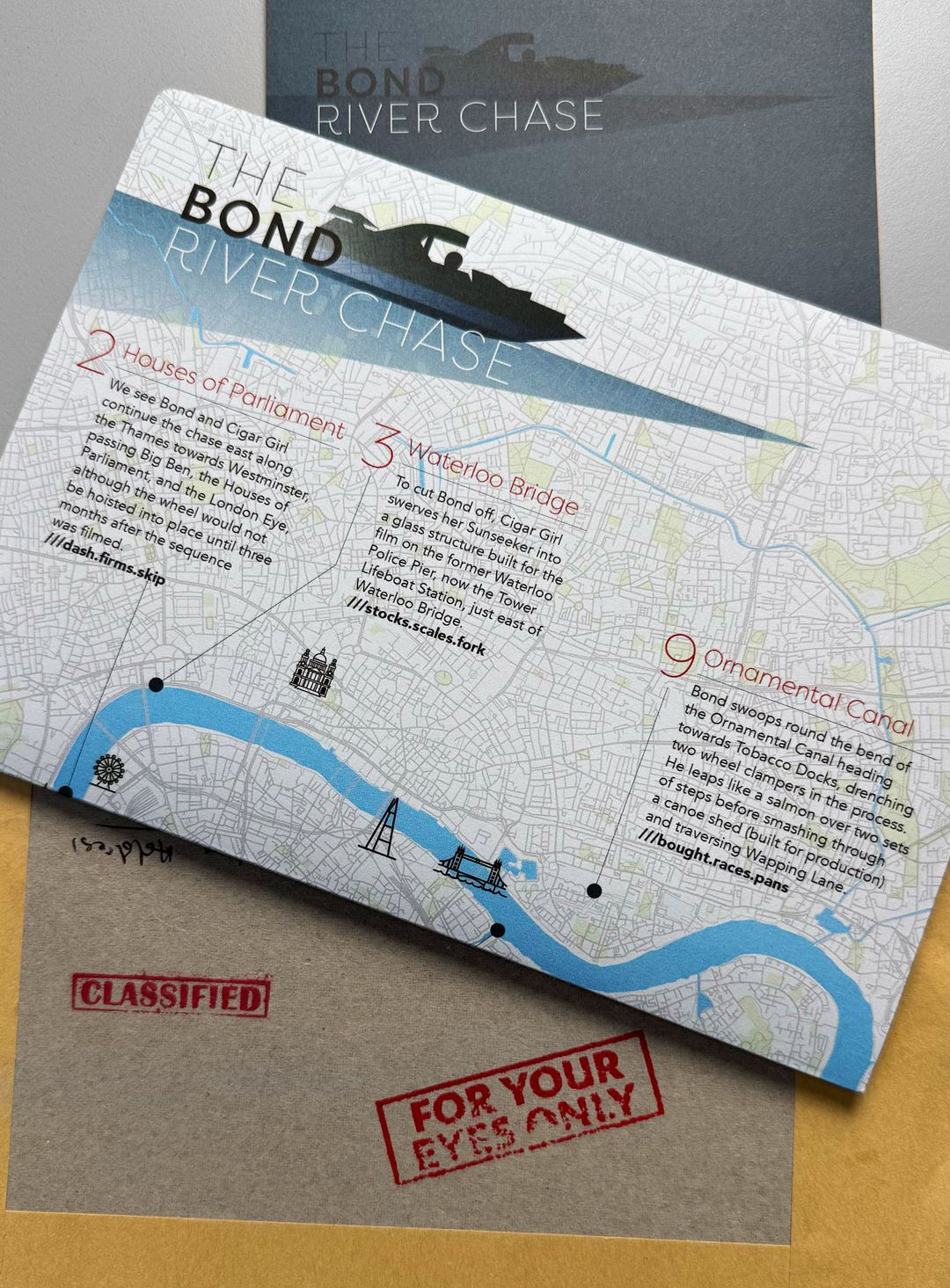
The issue of artificial intelligence and its impact on the film industry is becoming one of the most important questions for the entertainment sector. The technology has already caused discord, forming one of the main bones of contention in the 2023 WGA strikes, AKA Hollywood Writers’ Strike. While that has been resolved – for now – it’s clear that there are unresolved issues, especially as the technology develops.
Yet, it is certainly not the case that AI is a bad thing in and of itself. For instance, would anyone criticize a movie editor for using AI editing software? Such tools are likely to become more common; indeed they are already starting to permeate the industry. But there are arguably red lines for many other uses of the technology, coming from all sides of the industry. Questions are being raised about what AI will mean for the artistic side of film, as well as the impact on employment.
Of course, the film industry is not alone in this respect. If we take a related entertainment sector like gaming, we know that tens of thousands of gaming titles are released each year, ranging from big-budget titles for PlayStation like Call of Duty to casual slot-spinners like Master Joker. All games require coding, and it is broadly accepted that it’s okay to use AI to help with code. Yet, many games also require artistic input, and that’s where it gets a little difficult. As gaming is computer-orientated, it kind of gets a pass, at least from the commentariat. Yet, we have seen, for instance, strikes from voiceover artists who are worried that their employment is being threatened by technology.

Studios will use AI tools to save money
For film, we know that studios will look for ways to save money. If AI can help with repetitive tasks – we mentioned editing software – then that’s somewhat acceptable. On the coding side, too, you kind of get the feeling that there would not be an outcry if AI were to help with, for instance, computer-generated special effects. Almost every digital art platform on the internet now has AI tools, so certain aspects of design work will naturally use AI.
Arguably, the important word from the point of an artistic process is “help,” suggestive of the fact that AI as a tool, something that saves time or effort for a human user, is ethically acceptable. It’s when ‘help’ becomes ‘replace’ that the issues start to crop up. So, few would take issue with AI helping a film’s colorist, but replacing the colorist is another matter. There is an argument that jobs will evolve with AI, much in the same way jobs evolved to replace those lost when the personal computer replaced the typewriter in the office space. Yet, others believe it will be different this time.
There are so many film industry jobs that AI could both aid and endanger, ranging from light technician to location scout. Yet, the wider media will likely only pay attention to the impact on acting roles and scriptwriting. We know that AI has been used to adjust certain acting roles, including de-aging processes. Again, that opens other ethical questions that are not specifically linked to AI. Should actors be de-aged for roles? Of course, with AI, there is always the possibility of bringing actors back after their death. A difficult ethical question, but one that most people would believe is morally wrong.
AI can help with various processes
AI as a tool for script editing has been around for a while. It can assist with fact-checking, grammar, continuity errors, and so on. Ethically, that feels on a level with using spell-check on Microsoft Word. However, we know that there is a fear that AI will soon take on the role of generating ideas and writing full scripts. That was a central issue in the Writers’ Guild of America strikes of 2023. A key demand for the screenwriters’ was that AI should not be allowed to train on their work.
That last point is important. For all the hype around AI, we must remember that it is not able to truly create. It can only mimic based on the data it receives. It cannot create ideas in a vacuum with the same spark of ingenuity a human can. You could, for instance, train it on Pixar scripts and see that it would probably come up with a passable script for an animated movie, but it would lack the creative leap that allowed human writers to create masterpieces like Up and Wall-E.
An uncertain future for the technology
Indeed, we should also note that there is growing concern among AI companies that they are entering an era of diminishing returns. OpenAI, which created the market leader ChatGPT AI bot, is rumored to be worried that the latest iteration, GPT-5, has not made enough strides. Some argue that the large language models (LLMs) that act as the engine for AI tools simply do not get markedly better as they get bigger. Why is this important? Because it backs up the critics who say that AI tools have a ceiling. As such, AI might be useful for auto-responses for emails or generating marketing content, but writing the next great movie script might be a stretch.
Of course, that doesn’t mean AI critics are right. AI companies are approaching the problem of diminishing returns from larger LLMs in new ways, looking at slimmed-down, smarter models that have better reasoning capabilities. It is possible that there will come a eureka moment when they crack the formula of AGI (artificial general intelligence), but it is far from certain.
We expect AI tools to continue to shape the film industry, but we also expect tensions to rise over the supplanting of human jobs and artistry. To what extent will this occur? We couldn’t guess; perhaps it will be minimal. Yet, the promise that AI will make films cheaper and easier to make might come at a cost to those who work in the industry today. It’ll be intriguing to see if there is a formulation of red lines across the industry, setting out how much – or how little – AI will be allowed to change it.
PHOTO CREDITS
https://pixabay.com/photos/movie-tape-recording-old-souvenir-5974820/
https://pixabay.com/photos/sunset-movie-theater-demonstration-3189813/






